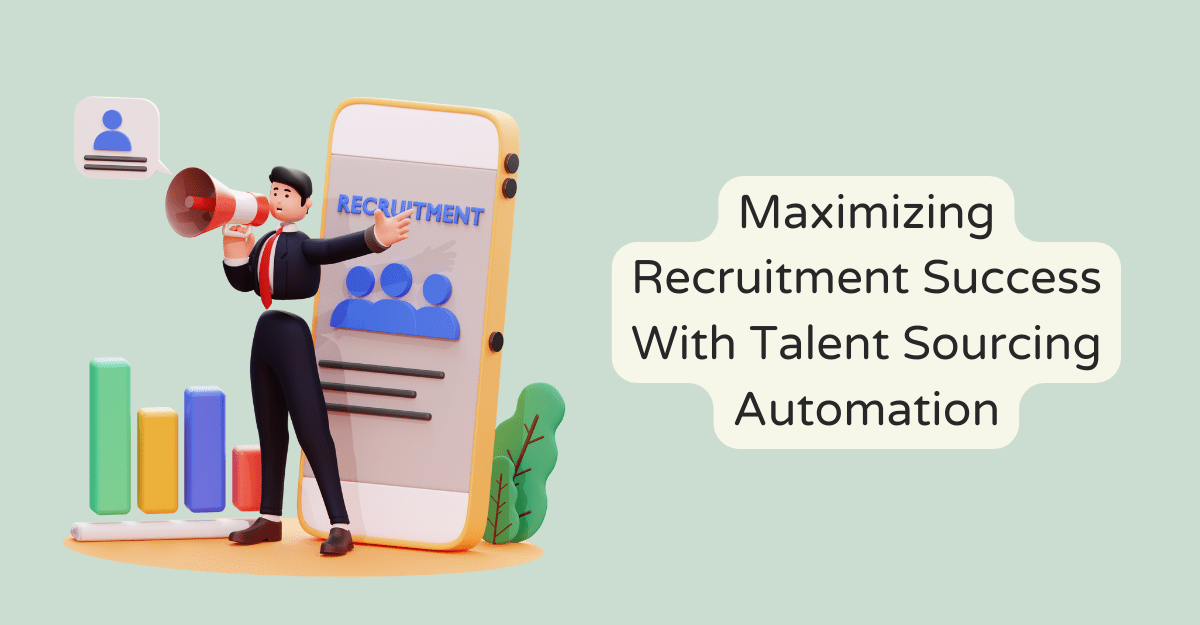
High-volume recruitment requires a mix of talent acquisition strategies focusing on speed and quality. Some of the biggest challenges that recruiters face can be streamlined with the use of technology.
Ambiguous job descriptions, clunky candidate tracking systems, and manual processes can make it difficult to hire talent at scale. But these are just the tip of the iceberg regarding recruiting challenges.
1. Automate your hiring
As you move candidates through the hiring process, automation such as Greenhouse automation can help you assess their fit. Whether scheduling coding tests for programmers or sending grammar quizzes to writers, automated tools can take the pressure off recruiters and automate time-consuming, repetitive assessments.
Using an ATS that integrates with your job website can also make the hiring process more efficient by automating the flow of applications and other vital tasks, such as sending offers and reminding interviewees of essential dates like pre-hire paperwork deadlines.
This allows recruiters to focus on delivering a quality recruitment experience to boost your candidate conversion rates and overall recruiting success. Ultimately, your candidates want speed, simplicity, and personalization in their candidate experiences, and modern software has all the tools you need to deliver.
2. Automate your sourcing
The manual process of identifying candidates, inviting them to interviews, and weeding out the bad ones is incredibly time-consuming. It can be particularly challenging for SMBs and companies in non-tech sectors, but even they need to automate some of their sourcing activities.
Recruiters use various tools and methods to find candidates, including professional networks, attending career fairs, hosting webinars and workshops, and leveraging social media platforms. They also make use of a talent pipeline, a way to keep track of candidates who can meet specific job qualifications.
It’s important to note that despite the sourcing automation, it’s still essential for recruiting teams to put their personal touch on all communications and interactions with candidates. A little bit of humanization goes a long way to prevent candidate disengagement and can even help combat unconscious bias in hiring. A simple example is adding a candidate’s name to all emails sent to them.
3. Automate your interviewing
If you have a high-intent candidate in the pipeline, keeping them engaged is essential until you find an open role for them. This can be done through automated notifications (application status updates, interview time changes), nudges (text reminders about their upcoming interview), and check-ins.
Recruiters can also automate the scheduling process by creating interview questions and schedules shared with candidates through a link to their calendars. This helps reduce email back-and-forth while providing candidates with a more structured and efficient interview process.
Tools allow recruiters to create and share interview schedules in just a few clicks while helping candidates self-schedule their interviews. This saves recruiters hours while providing candidates a more streamlined and flexible interview process. This translates into improved candidate experiences and more hiring success for recruiters. This is worth investing in in a world where ghosting is almost expected.
4. Automate your follow-up
Today’s candidates research jobs across various channels, from career sites to social media. This means recruiters must keep their follow-up activities on track to ensure they don’t lose momentum and miss out on top talent.
This is where recruitment automation tools come in handy. Tools can help candidates with their questions and concerns, allowing you to focus on interviewing and hiring the best talent. You can also use video interviewing software to save time and resources while still ensuring that the quality of your interviews is high.
Conclusion
Automated follow-up emails and texts can also be a huge help. Using an ATS with built-in personalization allows you to create personalized messages that will help nurture relationships and build rapport. Ultimately, this helps you stick out in the candidates’ minds and makes them more likely to remember you, especially when your follow-ups are consistent!